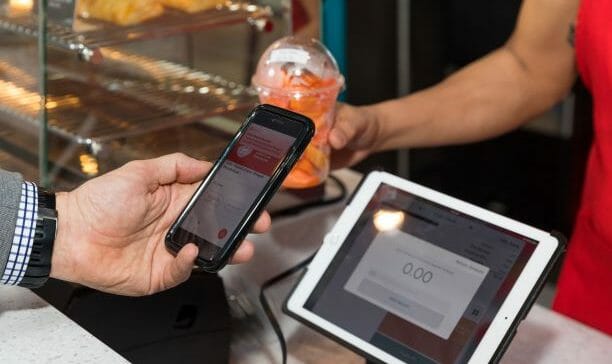The first session of a virtual roundtable series organised by Boost titled The Next Normal was held to discuss the digitalisation of traditional businesses despite the pandemic’s impact on businesses.
Ng Wan Peng, Chief Operating Officer of MDEC said that more than 30 thousand businesses have been affected by the pandemic and the three main concerns are increased operation costs, reduced customer capacity and high unemployment rate. Nevertheless, she said that the positive note is the acceleration of digitalisation adaptation rate.
Furthermore, CS Chin, National Vice President, SME Association of Malaysia said the change of government in addition to the pandemic has also impacted businesses as the changes in policies by new ministers took charge.
Chief Executive Officer of Boost Malaysia, Mohd Khairil Abdullah further shared that the situation has actually made it possible for businesses to go cashless. In just three months since the movement control order (MCO), digital payment grew 2.2 times.
He also mentioned that the e-commerce platform’s merchant base has expanded by more than 60 percent. “When consumers shift, businesses have to follow,” he emphasised.
Ng further encouraged small and medium enterprises (SMEs) to change their thinking including being more flexible in their approach to doing business and leveraging the facilities provided by the government in an effort to move towards digitisation following the impact of Covid-19.
“Many facilities have been provided to SMEs such as digital matching grants, mentor programs and various accelerator programs that are free.
As we enter 2021, it is time for entrepreneurs to redefine and think broadly to change business operations to match new customer expectations and keep their business moving towards normal,” she stressed.
Additionally, she also clarified that the Personal Data Protection Act (PDPA) is important, and affirmed that the data is protected. “Data holder decides how they use it. Data should be protected, nevertheless, trend and pattern can be shared.
For example, do not share personal information (name, address), instead share general information (women of these age range),” she explained.









